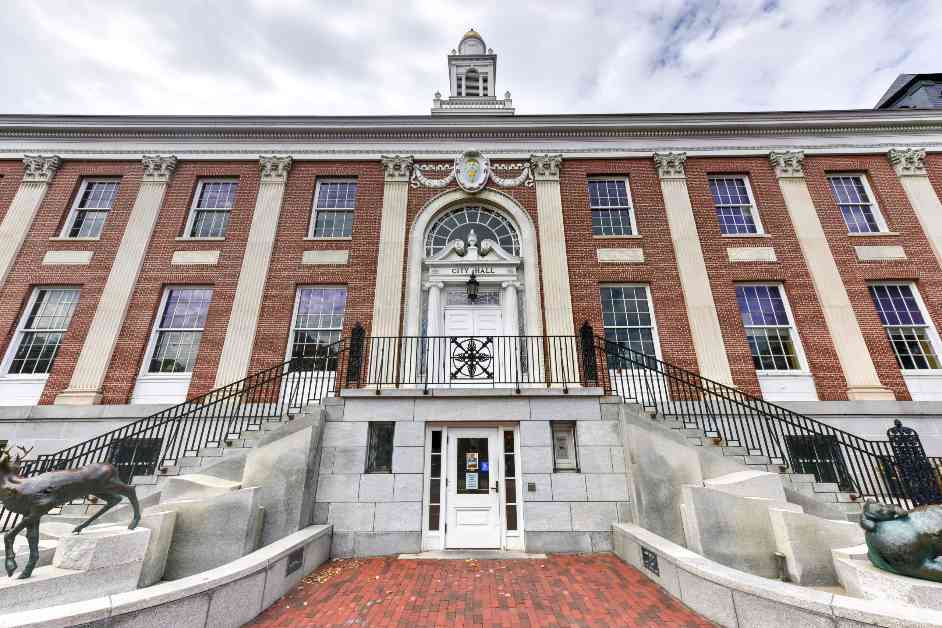A Vermont Judge Upholds Noncitizen Voting in Burlington
In a recent ruling at Burlington City Hall, Chittenden County Superior Court Judge Samuel Hoar, Jr. dismissed a lawsuit, backed by a national conservative group, that sought to restrict noncitizen voting in Burlington. The case, filed by the nonprofit Restoring Integrity and Trust in Elections on behalf of Burlington residents Karen Rowell and Michele Morin, alleged that allowing noncitizens to vote on issues related to the city’s school board and education budget was unconstitutional. The plaintiffs argued that this violated Section 42 of the Vermont Constitution, which mandates United States citizenship for voting on matters concerning the state.
Following the lawsuit filed in the civil division on June 18, 2024, the city of Burlington filed a motion to dismiss. Judge Hoar, in a 7-page decision, agreed with the city’s position. He highlighted a similar case in Montpelier, where the Vermont Supreme Court ruled that the citizenship requirement only applied to statewide elections, not municipal ones. The court emphasized that when Burlington voters participate in school district elections, they focus on local issues that do not affect statewide matters.
Noncitizen Voting: A Growing Trend
The decision in Burlington reflects a broader trend in Vermont, where other cities like Montpelier and Winooski have also allowed noncitizen voting in recent years. Despite legal challenges from the national and state branches of the Republican Party, these efforts have withstood scrutiny. Brady Toensing, a prominent figure in these legal battles, has indicated that they plan to appeal Judge Hoar’s decision. Toensing, who previously served in the Department of Justice during the Trump administration, has consistently argued that only U.S. citizens should have a say in school budget issues due to their statewide implications.
However, the court’s ruling upholds the right of legal residents who are not U.S. citizens, such as Green Card holders or recipients of Deferred Action for Childhood Arrivals (DACA), to participate in local government and school elections. This decision aligns with the sentiment of local voters who approved Burlington’s charter change in 2023, despite opposition from Republican Governor Phil Scott.
Expanding Voting Rights Locally
While noncitizen voting remains prohibited in federal elections, several jurisdictions across the country, including the District of Columbia and select municipalities in California and Maryland, have embraced this practice for local elections. According to Ballotpedia, eight states passed measures in 2024 to restrict noncitizen voting, underscoring the ongoing debate surrounding this issue.
In conclusion, Judge Hoar’s recent ruling in favor of noncitizen voting in Burlington signifies a victory for inclusivity and local democracy. By allowing legal residents to participate in shaping their communities through the electoral process, Vermont continues to set a precedent for expanding voting rights. As the legal battle unfolds, the implications of this decision will reverberate beyond state lines, prompting a broader discussion on citizenship, democracy, and representation.










